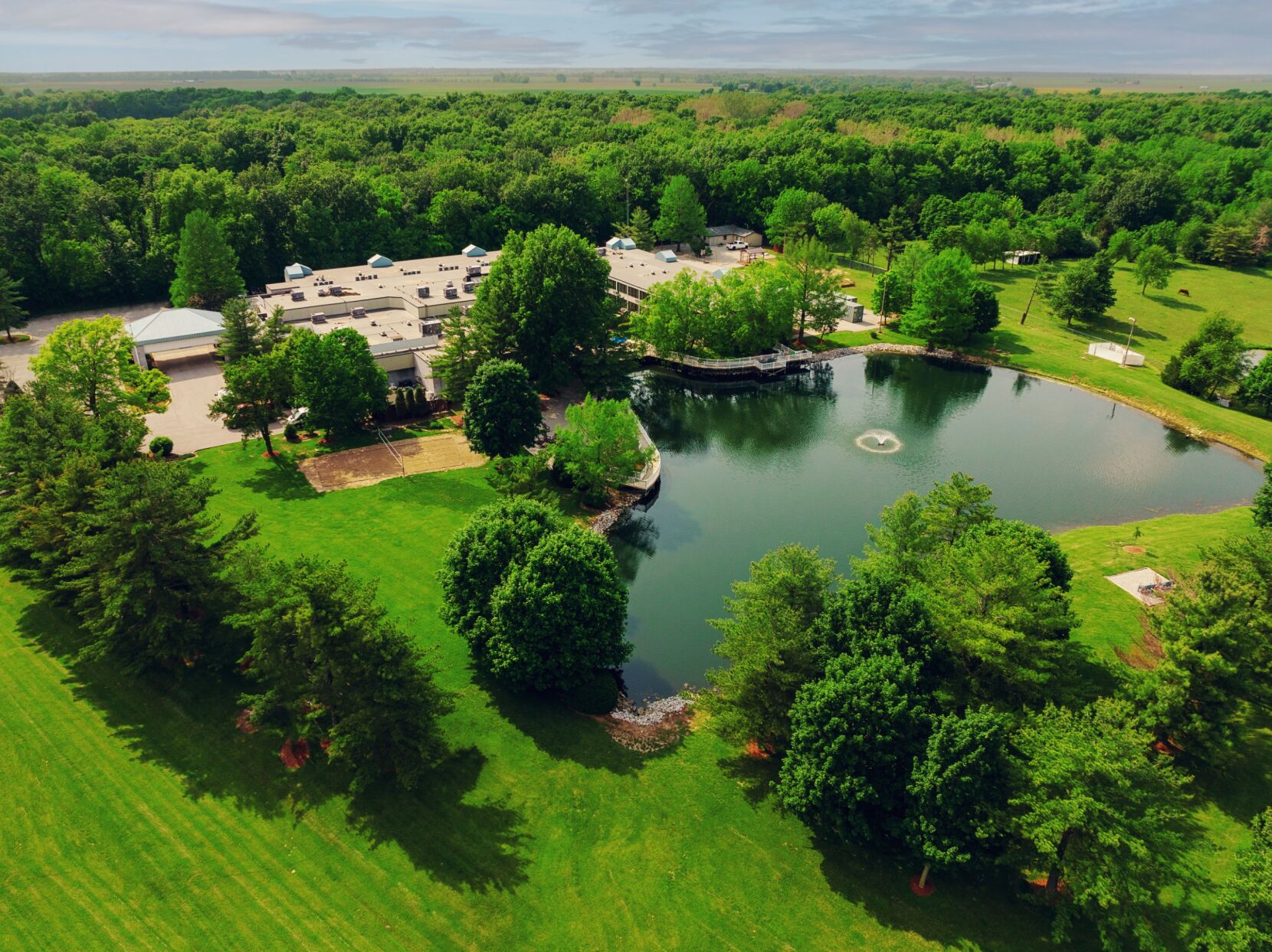SMART Recovery stands for Self-Management and Recovery Training. Their goal is to help people rehabilitate from many kinds of addictions, including drugs, alcohol, gambling, food, and more. They, like 12 steps, offer peer support, but unlike 12 steps, they take a more secular slant to recovery.
Because some people find that 12-step programs aren’t a good fit for them, many rehab centers also offer SMART Recovery’s science-rooted approach as part of their addiction treatment program.
What is SMART Recovery?
SMART Recovery is a not-for-profit organization whose goal is abstinence-oriented. Their meetings are free to attend (in person and online), but they also accept donations.
They focus on shifting behaviors, helping the individual move away from self-destructive activities and adopt more constructive ones. It’s a self-empowering approach, as they work with the individual to address underlying emotions as they work on finding ways to control their substance use disorder.
How Does SMART Recovery Work?
SMART Recovery uses science-backed methods to help a person change their lifestyle.
They view addictive behaviors as short-term coping mechanisms with long-term consequences. Their goal is to work on developing coping skills to help a person through both short- and long-term challenges.
The past is viewed as a learning opportunity, to work through and move forward. The focus is more on the present and what drives ongoing self-destructive behaviors. SMART Recovery aims on helping people shift their thinking. A negative thought pattern that dwells on failure isn’t considered healthy. Rather, group members are encouraged to direct their attention toward identifying and examining those problematic patterns and modifying them.
The goal is to build a foundation for positive and lasting change. SMART Recovery also pushes for more self-acceptance rather than negative feelings.


